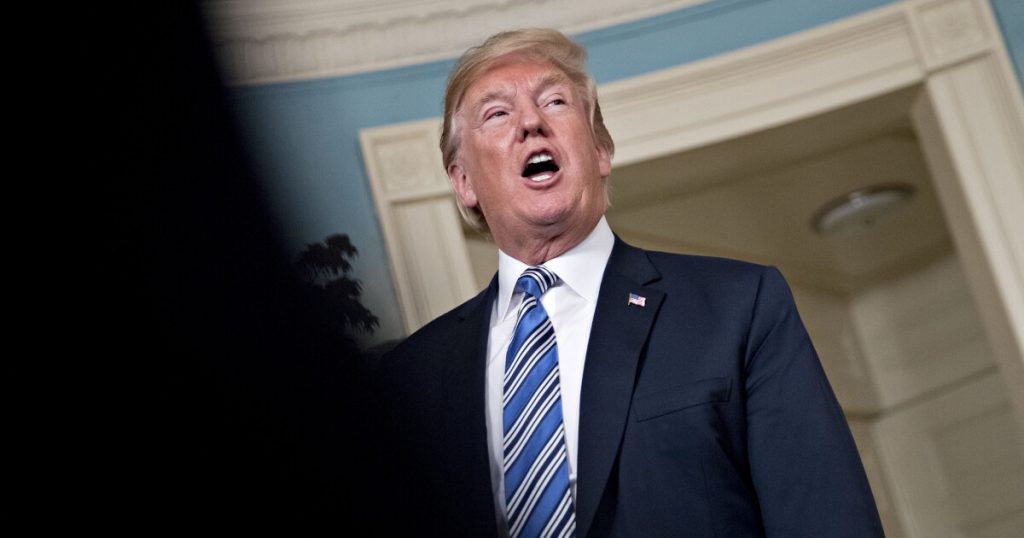The Republican party’s lurch to the populist right has changed the traditional script for payments industry deregulation, which is bad news for credit card interests hoping for less antitrust pressure, but good news for those hoping to cash in on cryptocurrency.
While Donald Trump’s election and Republican control of at least the Senate portends a reduced government role in setting guardrails for business, the payments industry is different, not settling into a predictable partisan divide.
“Many people assume that a Republican administration will bring a lighter and less political approach to regulation, be less inclined to intervene, and therefore will be better for the payments industry and financial services,” said Eric Grover, a principal at Intrepid Ventures. “But a dollop of caution is merited. MAGA Republicans aren’t always stalwart defenders of free markets.”
“The sentiment that big is bad…and that the private sector and free markets can’t be trusted has increasing influence in both parties,” Grover said.
A matter of antitrust
There are several legislative and legal moves designed to curtail the power of the credit card that have advocates on both political sides, so these efforts are likely to continue or even accelerate.
During the campaign, Trump called for a
“Interchange fees appear to be a rare area where the usual partisan divides fall apart,” said Aaron Press, research director of worldwide payment strategies for IDC. “There are bi-partisan coalitions on both sides…The shift in Congress is fairly small in terms of numbers and isn’t likely to change that calculation very much.
“There is bipartisan support for legislation to restrict credit card companies. The
That would extend the Dodd-Frank law that was passed following the 2008 financial crisis, requiring two options to route debit cards, with at least one not being Visa or Mastercard.
Sens. Richard Durbin, D.Ill. and Roger Marshall, R-Kan are the co-sponsors of the bill, which has been referred to the Senate’s Committee on Banking, Housing and Urban Affairs.Durbin and Marshall have recruited co-sponsors, including Sens. Josh Hawley, R-Mo., Jack Reed, D-R.I., Peter Welch, D-Vt., and J.D. Vance, R-Ohio, the Vice President-elect.
“It’s also worth noting that fees have become a less substantial component of card lenders’ revenue, with
Visa and Mastercard earlier this year reached a settlement to
Since many of the measures to tighten rules for credit cards are popular with consumers, they won’t necessarily be dumped simply due to full Republican control of the government. The CFPB earlier this year cut the cap on
And the Department of Justice in September
The DOJ suit follows a multiyear investigation to determine if Visa has made it difficult for merchants to choose the lowest possible option to route debit card transactions.
“I don’t think the Department of Justice will drop its case against Visa over the debit card market,” McPherson said. “Likewise, I don’t see a change to the Credit Card Competition Act…and the CFPB’s cap on credit card late fees is likely to remain in place as a popular measure. So the celebration taking place in the banking industry may be premature.”
Crypto…but not from the government
The cryptocurrency industry in recent years has
For example, Block CEO
The crypto markets seem enthusiastic about his election, and Trump himself has interests in crypto, so this suggests a more supportive regulatory environment for crypto than there has been for the last four years, said Aaron McPherson, a principal at AFM Consulting, noting that technology billionaires like Elon Musk and Peter Thiel will have influence with the incoming administration.
But government-supported digital assets, such as a central bank digital currency or a digital dollar, are a different matter. In the U.S., CBDCs have gotten caught up in larger political fights over the general role of government. “Republicans have resisted CBDCs and often equated them to
While there are
“CBDC creates risks of disintermediation, and large banks in the U.S. are quite powerful, as well as payment companies like Visa and Mastercard,” said Sergey Sarkisyan, assistant professor of finance at The Ohio State University’s Fisher College of Business.
CBDCs have mostly taken hold in China and smaller countries that do not have a mature banking system. Other countries more similar to the U.S. such as Canada and Australia have halted work on CBDCs, while work in the European Union and the U.K. has remained stalled.
“The prospects for a CBDC have been extinguished for now, because Trump will not want to give the Federal Reserve more power than it currently has, and will be influenced by those who want a private sector solution,” McPherson said.
Large banks have increasingly expressed interest in
